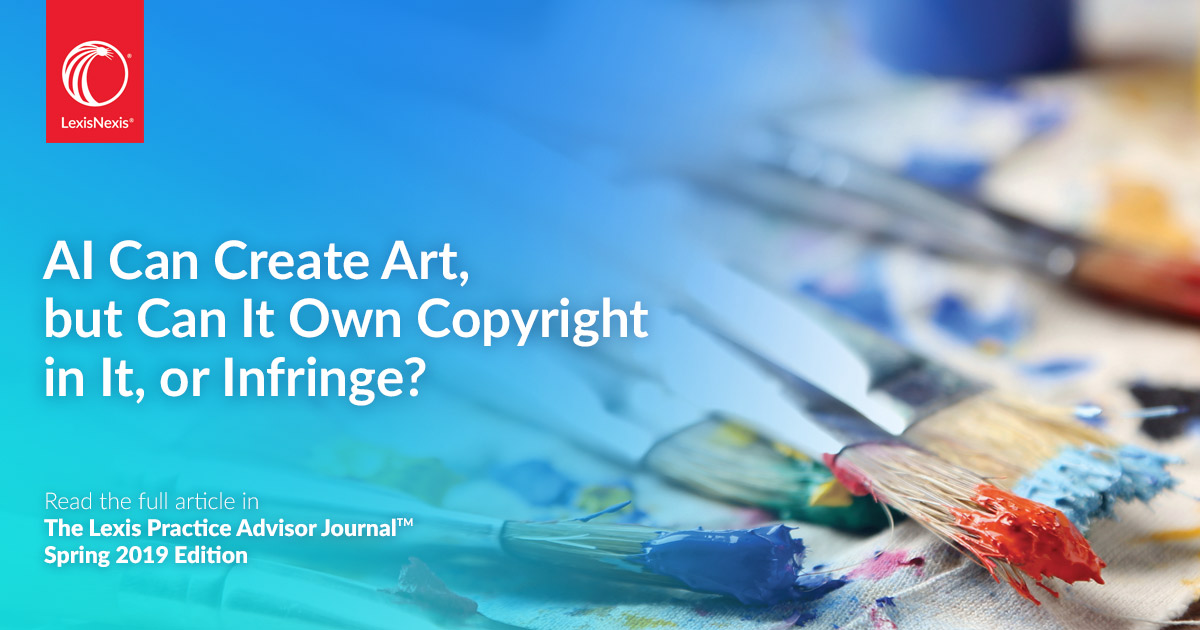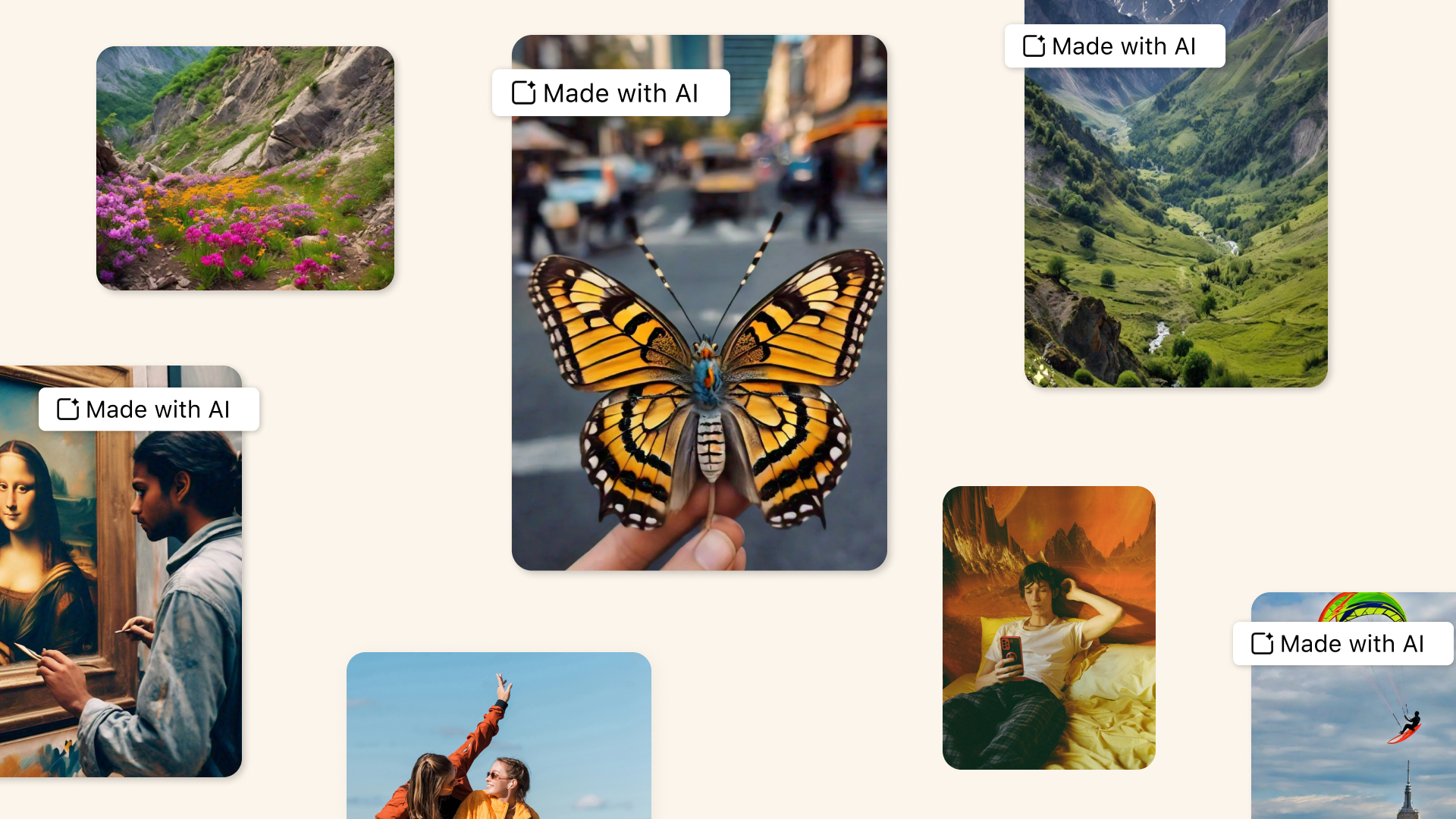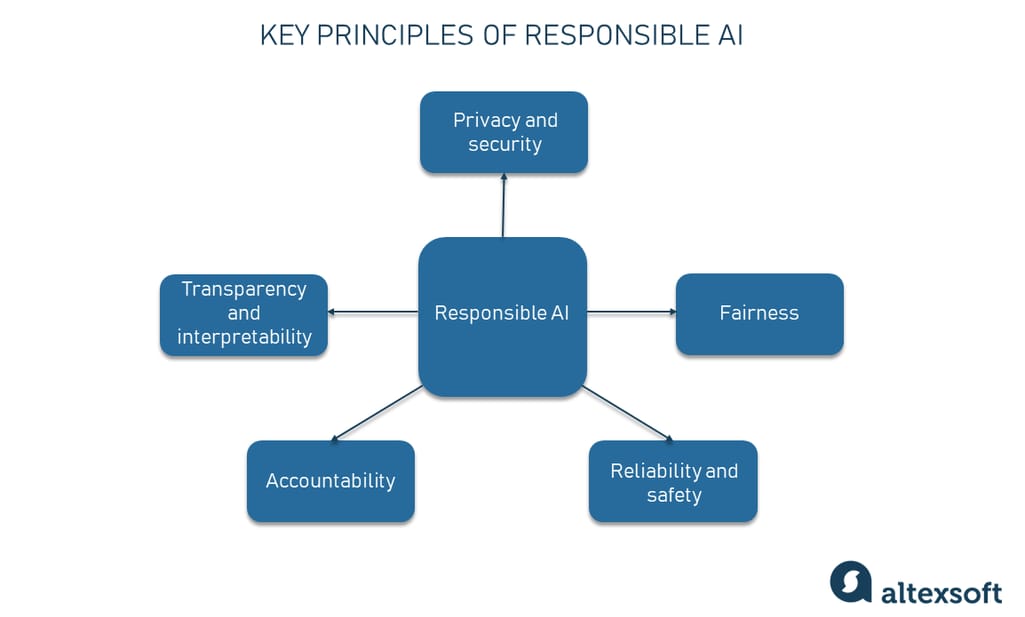
The Dark Side of AI: Uncovering Copyright Infringement in Large Language Models
The rapid advancement of artificial intelligence has brought about unprecedented opportunities and challenges. One of the most pressing concerns is the issue of copyright infringement in large language models (LLMs). Recent studies have revealed alarming rates of copyright-protected content in the output of popular LLMs, raising questions about the accountability of AI developers and the future of creative ownership.
 The blurred lines between creativity and copyright
The blurred lines between creativity and copyright
A recent investigation by Patronus AI, a company founded by former Meta researchers, has shed light on the extent of copyright infringement in LLMs. Their tool, CopyrightCatcher, examines the frequency of generation of copyrighted content in LLMs. The results are staggering: 44% of GPT-4’s output is copyright-protected content, the worst among all LLMs tested.
“The probability of GPT-4 outputting copyrighted content was approximately 44%.” - Patronus AI
In contrast, Anthropic’s Claude 2 had a significantly lower rate of copyright infringement, with only 8% of its output containing copyrighted content. Mixtral, another LLM, had a 22% rate of copyright infringement.
 GPT-4’s high rate of copyright infringement raises concerns
The implications of these findings are far-reaching. As AI-generated content becomes increasingly prevalent, the risk of copyright infringement grows. It is essential for developers to take responsibility for ensuring the originality of their models’ output.
 The future of creativity in the age of AI
The future of creativity in the age of AI
The onus is on us to address this issue and develop more responsible AI practices. By acknowledging the dark side of AI, we can work towards a future where creativity and innovation thrive, while respecting the intellectual property of others.
 The path to responsible AI development
The path to responsible AI development














